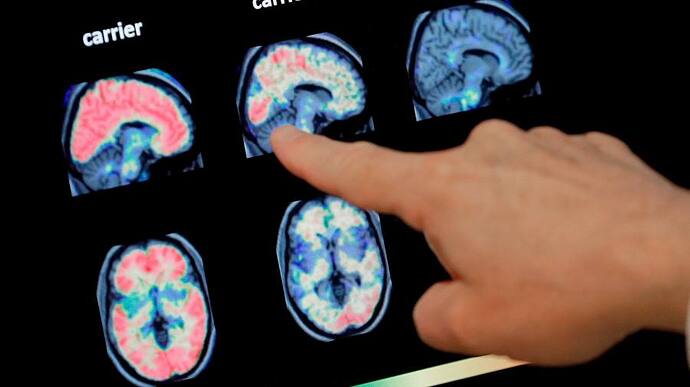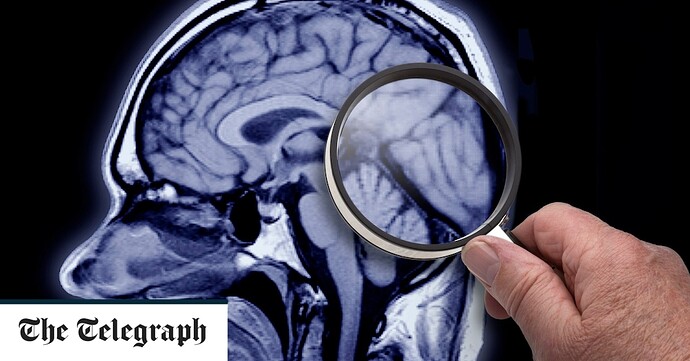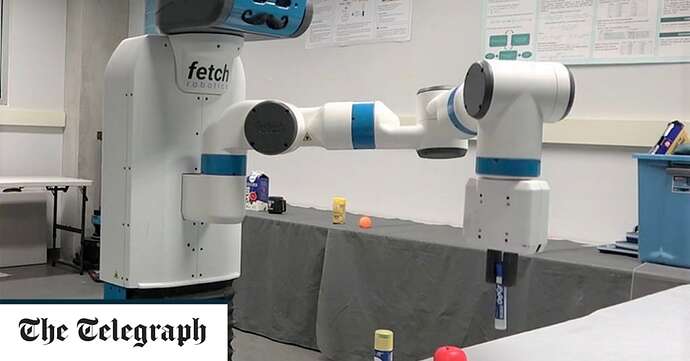Dementia is an umbrella term used to describe a range of symptoms that affect cognitive abilities, including memory, language, perception, and judgment. It is a chronic condition that typically affects older adults, although it can also present in younger individuals. Dementia is characterized by a decline in cognitive function that is severe enough to impact daily activities and social functioning. The most common cause of dementia is Alzheimer’s disease, but other conditions can also lead to dementia, such as stroke, Lewy body disease, Parkinson’s disease, and frontotemporal dementia.
Symptoms
The symptoms of dementia can vary from person to person, but the most common symptoms include:
-
Memory loss - This is the most common symptom of dementia. Individuals with dementia may forget things they have done recently, struggle to remember names, or forget important dates or events.
-
Trouble with language - Dementia can affect an individual’s ability to communicate, resulting in difficulty finding the right words or completing sentences.
-
Impaired judgment and reasoning - People with dementia often struggle to make decisions and may have difficulty understanding complex concepts.
-
Emotional changes - Individuals with dementia may experience changes in mood, such as becoming more irritable, anxious, or depressed.
-
Disorientation - Dementia can also cause individuals to get lost or disoriented, even in familiar places.
-
Movement difficulties - Dementia can cause issues with movement, such as trouble walking, or trouble with balance and coordination.
-
Trouble with daily activities - People with dementia may struggle to complete tasks they used to do easily, such as cooking or cleaning.
Causes
The causes of dementia can vary depending on the underlying condition. Alzheimer’s disease is the most common cause of dementia and is attributed to the buildup of abnormal proteins in the brain that damage neurons, leading to cognitive decline. Vascular dementia is caused by the interruption of blood flow to the brain, typically due to a stroke or other circulatory problems. Parkinson’s disease also involves the death of brain cells, which can cause dementia. Other causes of dementia include chronic alcoholism, traumatic brain injury, and infectious diseases like Creutzfeldt-Jakob disease.
Diagnosis
There is no single test to determine whether an individual has dementia. Instead, physicians will typically start with a medical exam and review an individual’s medical history. They may also perform cognitive tests to evaluate an individual’s memory, language, and problem-solving abilities. Doctors may also order imaging tests, such as a CT scan or MRI, to examine the brain and look for evidence of damage. In some cases, doctors may also conduct a blood test to rule out other possible causes of cognitive decline.
Treatment
There is currently no cure for dementia, and treatment aims to manage symptoms and slow the progression of the disease. Medications may be prescribed to help with memory and cognitive function, although their effectiveness varies from person to person. Behavioral interventions, such as increasing physical activity, improving nutrition, and promoting social engagement, may also be helpful in reducing symptoms and improving quality of life.
Caregiving
Caring for individuals with dementia can be challenging, both emotionally and physically. Many people with dementia require 24-hour supervision and assistance with activities of daily living. Caregivers may need to provide assistance with feeding, dressing, toileting, and medication management. It is essential for caregivers to take care of their own mental and physical health to avoid caregiver burnout.
Conclusion
Dementia is a complex and often debilitating condition that impacts millions of individuals worldwide. While there is no cure, early detection and careful management of symptoms can help to improve quality of life for individuals with dementia and their caregivers. Ongoing research into the causes and potential treatments for dementia offers hope for the future, but in the meantime, it is important to raise awareness of the condition and the challenges faced by those affected by it.
Disclaimer
6do Encyclopedia represents the inaugural AI-driven knowledge repository, and we cordially invite all community users to collaborate and contribute to the enhancement of its accuracy and completeness.
Should you identify any inaccuracies or discrepancies, we respectfully request that you promptly bring these to our attention. Furthermore, you are encouraged to engage in dialogue with the 6do AI chatbot for clarifications.
Please be advised that when utilizing the resources provided by 6do Encyclopedia, users must exercise due care and diligence with respect to the information contained therein. We expressly disclaim any and all legal liabilities arising from the use of such content.



















